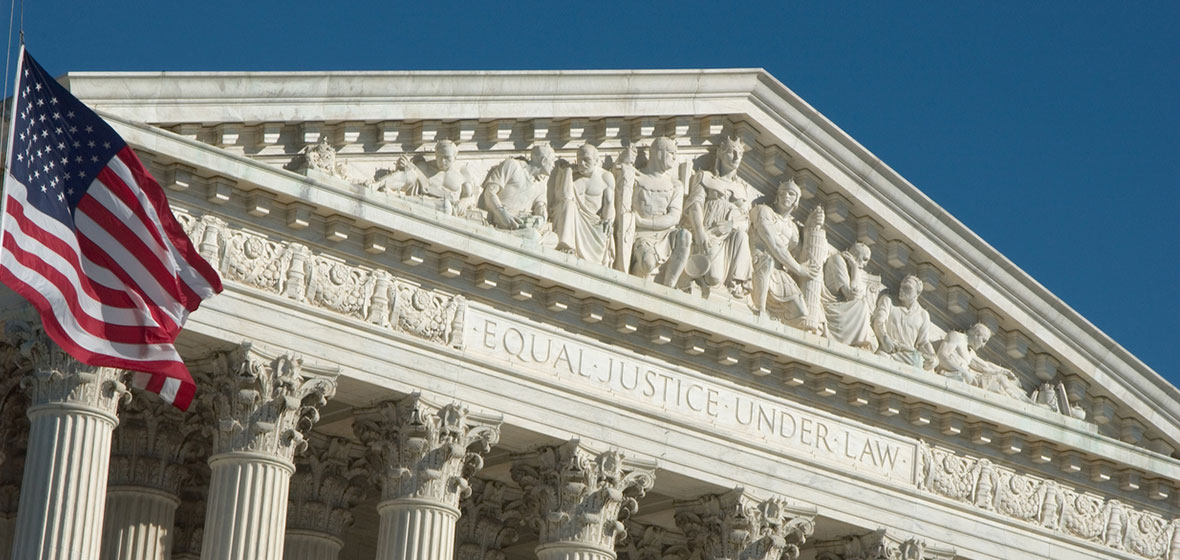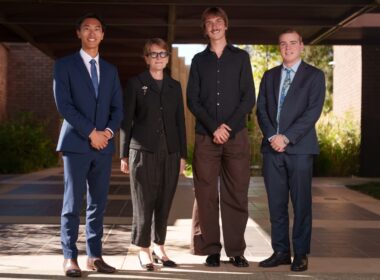A law degree is one of the most versatile degrees available and there are various options for law graduates contemplating a sea change and seeking to get qualified overseas. LSJ chats with Christopher Hogan, Partner at Hogan Thompson Schuelke LLP in Texas about how to qualify as a lawyer in the US, what it’s like to practise law there and how accurate TV is in depicting the realities of practising law.
How to quality as a lawyer in the US
In the US, each state possesses its own rules about how to qualify and gain admission as a lawyer. According to Hogan, “most of the states have a pretty similar set of requirements. You will need to have graduated from an accredited law school … take and pass the state’s bar examination, and you will need to pass a ‘character and fitness’ review.” “There are some states that have a few differences that are material. For example, in some places like Wisconsin students that attend a state law school are automatically admitted to the bar. There are also a few states that allow you to take the bar without graduating law school under some limited circumstances – California, Virginia, Vermont and Washington,” he says.
State bar examinations can vary, and many states have adopted a Uniform Bar Exam (UBE), which allows candidates to take the bar in one state and use the results to gain admission in other states. Hogan tells LSJ that some states also require that you pass the Multistate Professional Responsibility Examination which is an ethics-focused exam.
According to the National Conference of Bar Examiners, the UBE is “designed to test knowledge and skills that every lawyer should be able to demonstrate prior to becoming licensed to practice law.”
How to gain experience as an early career lawyer?
In the US, a court can grant a lawyer the opportunity to represent a “pro se” individual in a matter that is likely to go to trial. Hogan explains that a “pro se” individual is someone without an attorney.
According to Hogan, you act for the person pro bono but “it gives you good experience to prepare yourself for future cases. I had the chance to work on two of these matters and took one all the way to trial.”
“Working on these matters is very different [compared to] my normal practice working on contract and business disputes. It gave me a window into a very different kind of law and a chance to work with a different client base,” he says.
Hogan says he worked on a matter that went all the way to Court and they were able to get an award from the jury in favour of his client.
Pursuing a career in law
Hogan did not have any lawyers in the family and after participating in a “Mock Trial” in high school, he thought “it would be a fun way to make a living after school.”
Hogan attended the prestigious Georgetown University, where he obtained a degree in history, and obtained his Juris Doctor from Columbia University Law School. He says, “[t]he best part of being a lawyer is the [chance] to explore new and interesting issues on a daily basis. Sometimes it feels like a puzzle that you get to solve and can be a lot of fun.”
“The challenging parts are the hours … and the personalities,” he says.
Courtroom drama: Fact or fiction?
When people think about practising law in the US, popular TV shows and courtroom dramas come to mind. Hogan says, “… sadly they are pretty far off the mark from how things work in the US legal system.”
“First, very few cases go to trial now. Something like 90+ [per cent] of cases are resolved in advance of trial and … the amount of time lawyers spend in a courtroom is much less than you see in [TV shows like] Suits. Much more time is spent in front of a computer researching and writing,” he says.
Referring to the popular TV series Suits. Hogan says “Suits’ lawyers seem to handle all kinds of matters – divorces, corporate mergers, criminal work, etc. That is very rare. Most lawyers tend to focus on one area of law.”
“The accurate parts of Suits are likely the hours – lawyers work a lot! … up all night working before a case, that is pretty accurate …,” he says.
When it comes to whether lawyers actually yell “objection” from the bar table, Hogan explains it is “somewhat true, but to a limited extent. It is a lot less dramatic in real life.”
“If you screamed like the lawyers do in that show – or talk to judges like they do – I think you’d find yourself in trouble with the court pretty quickly!” he says.




